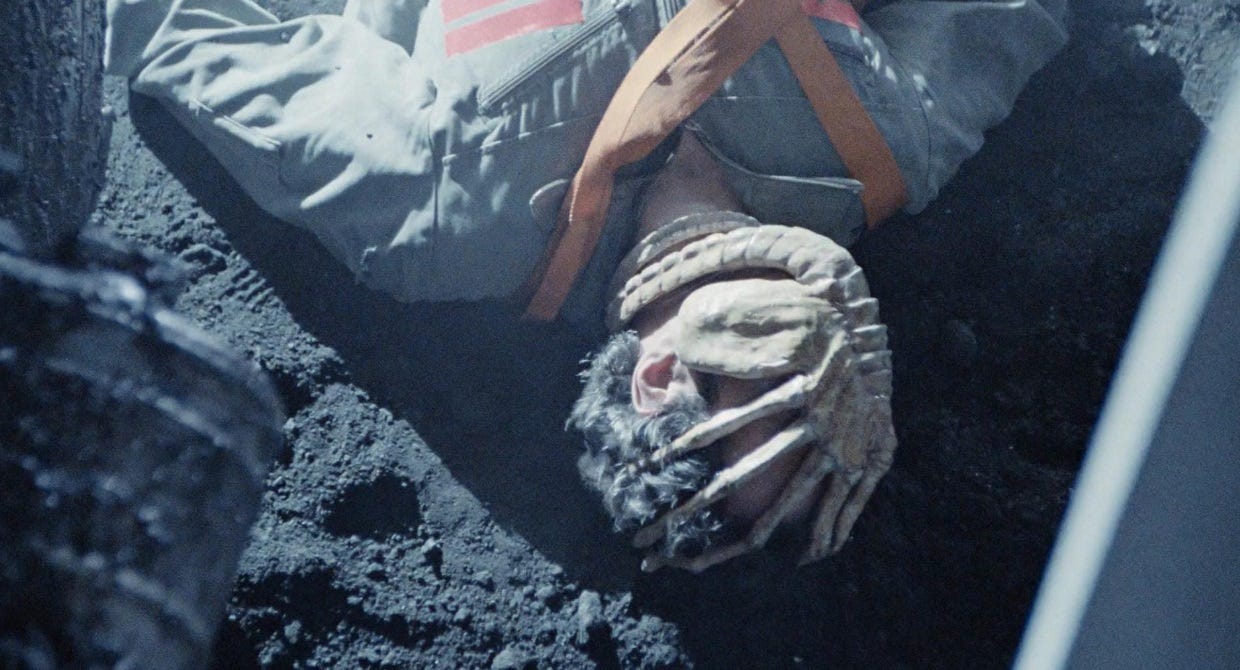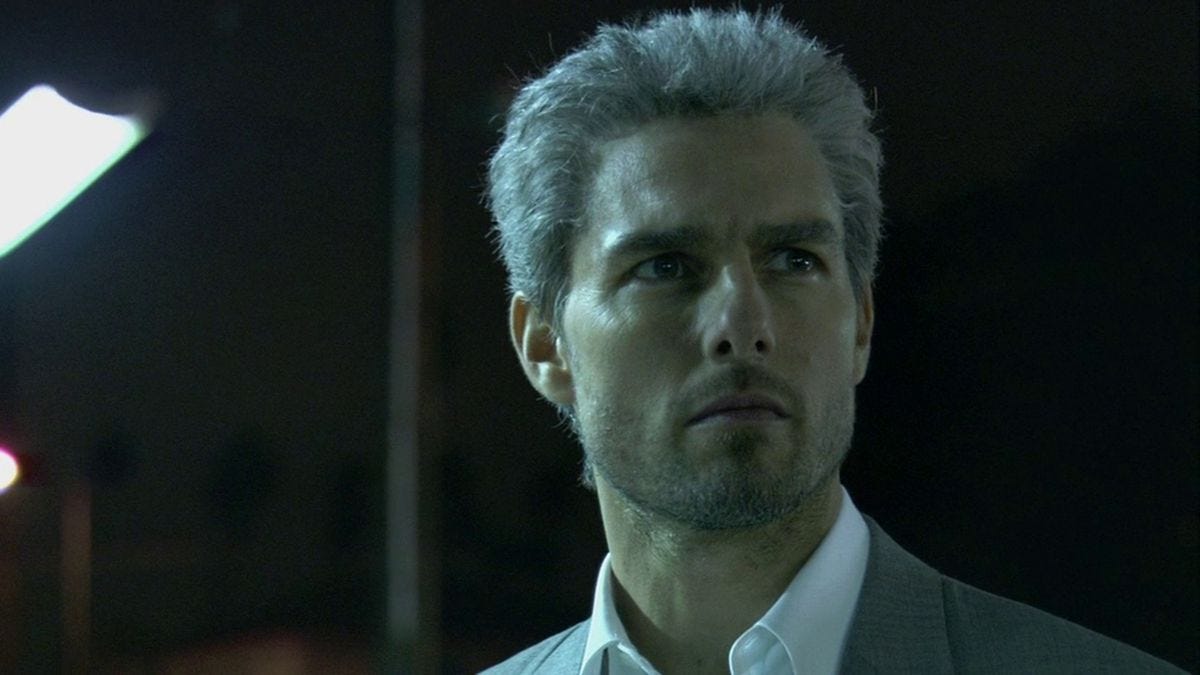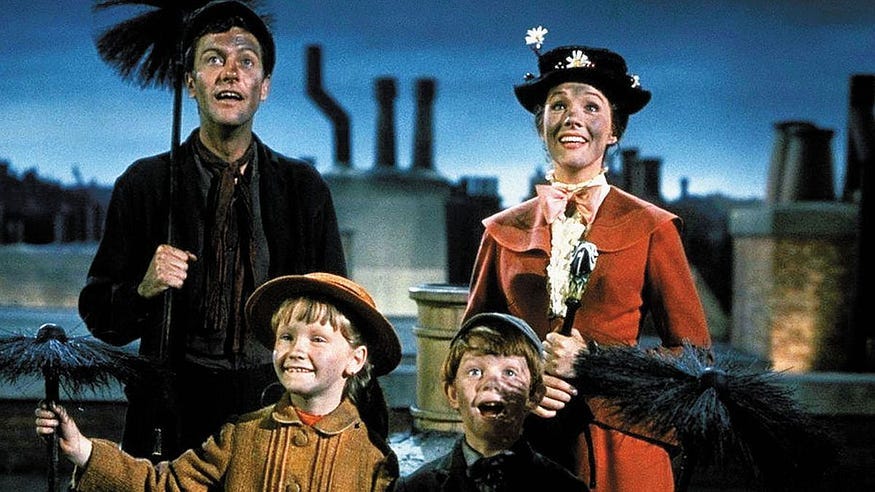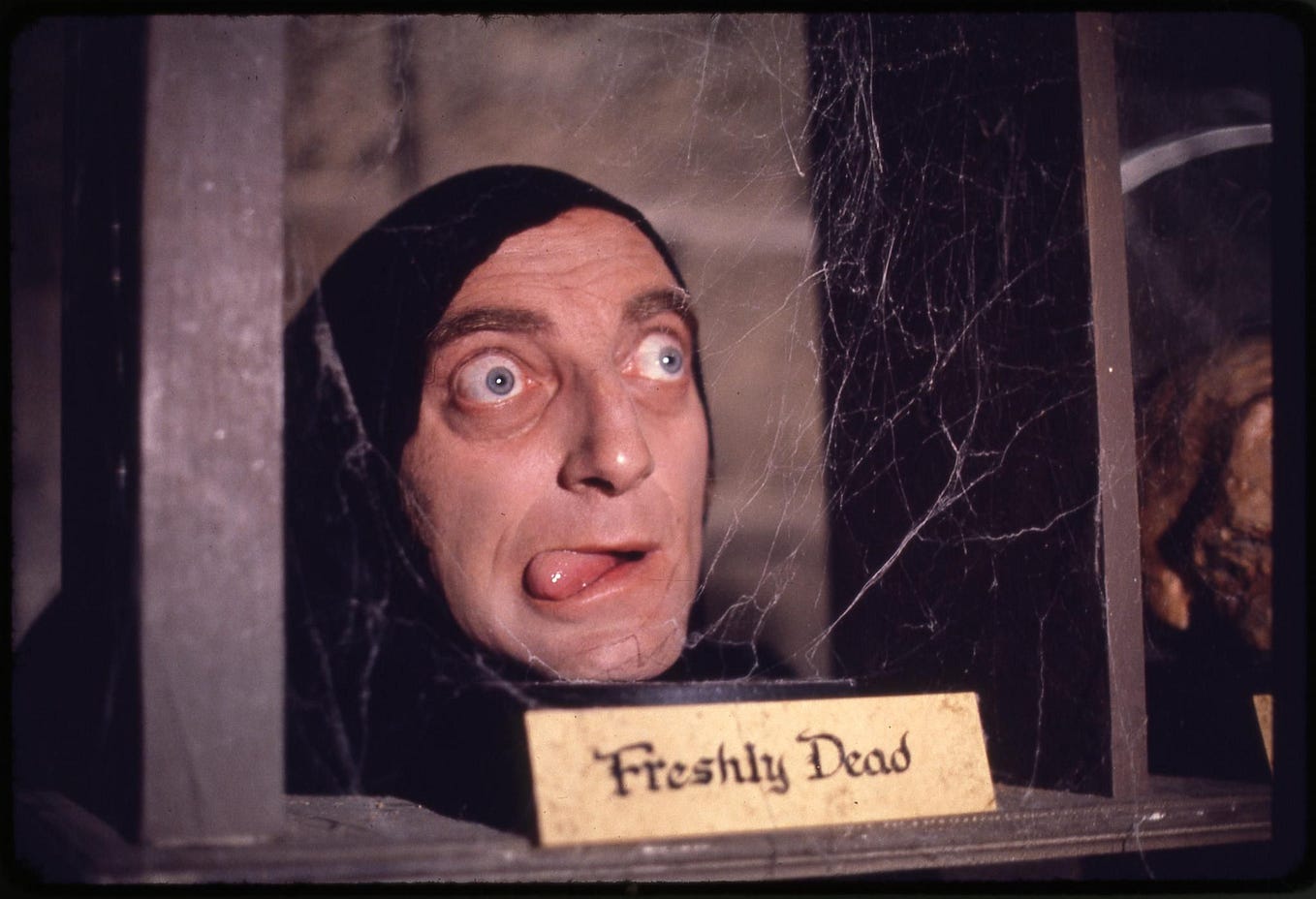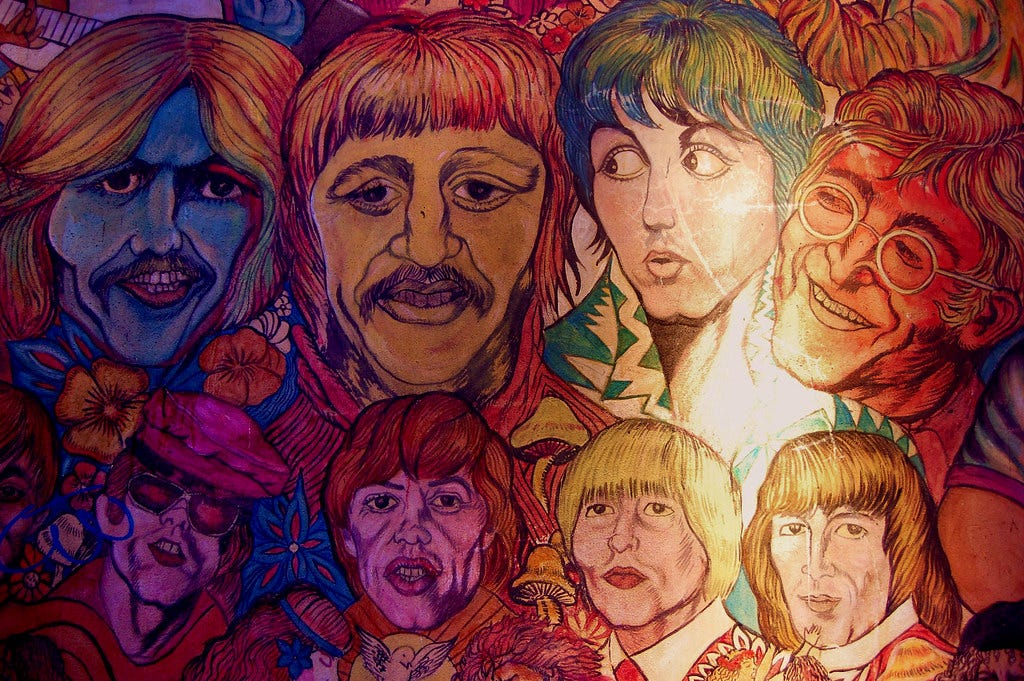DILLON ON FILM
Fight Club: 25 Years On
David Fincher’s controversial adaptation of Chuck Palahniuk’s novel still packs a punch, but is it the classic some claim?
I’m breaking the first and second rules of Fight Club by writing this retrospective, but since David Fincher’s adaptation of Chuck Palahniuk’s novel is currently on re-release in UK cinemas, it seems a good time to do so. A lot has changed in Western culture over the last twenty-five years. In 1999, Fight Club struck something of a nerve with audiences. Critics were polarised, with some condemning the film and others lauding it. A fable about modernity dangerously suppressing masculine instinct? A tale of whiny male entitlement that gave birth to the Incel movement? Or a savage satire of consumerism, capitalism, therapy culture, and what we might today term “toxic masculinity”?
Opinions remain divided, but one thing is certain on giving this film another look: Fight Club is very much a product of its time in that it belongs firmly in the self-questioning late 1990s. This proved creatively fertile ground in mainstream Hollywood. Films coming out of major studios were much bolder than is generally the case today, (though the variety of strong films from 2023 seems to finally indicate pushback against a superhero-dominated cinematic landscape). When Fight Club was in cinemas, it rubbed shoulders with the likes of American Beauty, The Matrix, The Talented Mr Ripley, The Cider House Rules, Ride with the Devil, The Blair Witch Project, The Sixth Sense, and The Iron Giant: Films across multiple genres that all had a sense of questioning and challenge to traditional thinking, either formally or thematically.
For the uninitiated, Fight Club concerns Edward Norton’s character “the Narrator”, a numb insomniac depressed by his vehicle recall advisor job. He fraudulently attends various group therapies as they help him sleep. Here he comes across Marla Singer (Helena Bonham Carter), who indulges in similar deceit (amusingly attending a testicular cancer therapy group, for instance). He urges Marla to attend different groups from those he attends, as he cannot get the required release needed for sleep if she is present; a sort of emotional stage fright, perhaps, when confronted with a personification of his own phoniness.
During one of his work trips, the Narrator also meets soap salesman Tyler Durden (Brad Pitt). Tyler becomes a major influence in his life, urging him into a more spartan lifestyle, away from materialism and consumerism. Together, they also set up the titular secret fight club, initially held in a bar basement. The Narrator is initially elated by the catharsis he experiences in these bouts of organised brutality. The club proves immensely popular, and other men are similarly enthusiastic.
But Tyler’s larger political agenda soon casts a darker shadow over the narrative. Tyler tells his disciples:
“I see in Fight Club the strongest and smartest men who’ve ever lived. I see all this potential and I see squandering… An entire generation pumping gas, waiting tables, slaves with white collars. Advertising has us chasing cars and clothes, working jobs we hate, so we can buy shit we don’t need.”
It’s easy for viewers to sympathise with some of these sentiments, but in the film, they seem to be almost entirely about the struggles of white men, which is rather absurd given the contemporary American setting. At any rate, the bigger plans that emerge from Tyler’s ambitions unsettle the Narrator, paving the way for the famous big twist. It’s a clever rug-pull, albeit one that has been arguably deployed more effectively in other works.
Fincher’s dark, grungy style, present in all his other 1990s films from Alien 3 (1992) to Se7en (1995) and The Game (1997), proved a major selling point at the time. Yet cinematographer Jeff Cronenweth and editor James Haygood dial this up to such a degree — with scratches, subliminal images, fake reel changes, flash cuts, projection misalignment, and so forth — that I feel it slightly dates Fight Club. I’d argue Se7en hasn’t dated in the same way, partly because that film almost feels as though it exists in a parallel world. In contrast, Fight Club was intended to be contemporary.
On the other hand, Jim Uhls’s screenplay has an unnerving prescience that, in the finale, eerily anticipates the 11th September 2001 terrorist attacks. Performances are strong, with the central trio giving it their all, alongside meaty supporting roles for the likes of, well, Meatloaf. Jared Leto also crops up, only to have his face battered to a bloody pulp.
This brings me to the violence: frankly, it is unrealistic. Does that matter? Perhaps not if one reads this as satire, but even then, I’m dubious of films that fail to adequately convey that violence of this kind is intensely painful and potentially lethal. It’s one thing seeing it in action films, in a genre deliberately divorced from reality, but over the years, Fight Club has been misread by viewers who seem to have completely missed the point by elevating Tyler Durden as a role model. Fincher himself has lamented this, stating he didn’t make it for Incel groups, fascist groups, or the likes of Andrew Tate.
Fight Club isn’t the first film to be misread in a negative manner unintended by its director. Similar controversies have erupted around the likes of A Clockwork Orange (1971), Taxi Driver (1976), and Falling Down (1993), for instance. In the case of Fight Club, I do think the film portrays Tyler Durden as inherently cool, in much the same way the viewer is all but invited to be a part of Alex’s gang in the opening movement of A Clockwork Orange, joining in with the gang fights, rapes, and so on. How much context justifies this approach remains a subject of debate to this day, both for Stanley Kubrick’s film and David Fincher’s.
To my mind, Fight Club is obviously intended as satire, and neither Fincher nor Palahnuik intended to make a hero out of Tyler Durden. But ultimately the viewer decides, regardless of the artist’s intent. That’s the nature of art, and that’s why Fincher’s dismissal of alt-right groups won’t stop the film from becoming bigger than its creators. To my mind, there is room for dismay that the film has been adopted as a screed by some viewers, in a world that seems increasingly hellbent on divisive ideologies along gender, political, sexual, racial, religious, and other lines in contemporary culture.
All that said, whilst Fight Club is not one of my favourite films, it remains a compelling watch, and an important film in cinema history. A classic? Arguably. A great film? I’m less convinced.
The Dillon Empire beyond Medium
For a full list of my published novels, click click here.
For more on my novels and other projects, click here.
For my Patreon page, click here.
